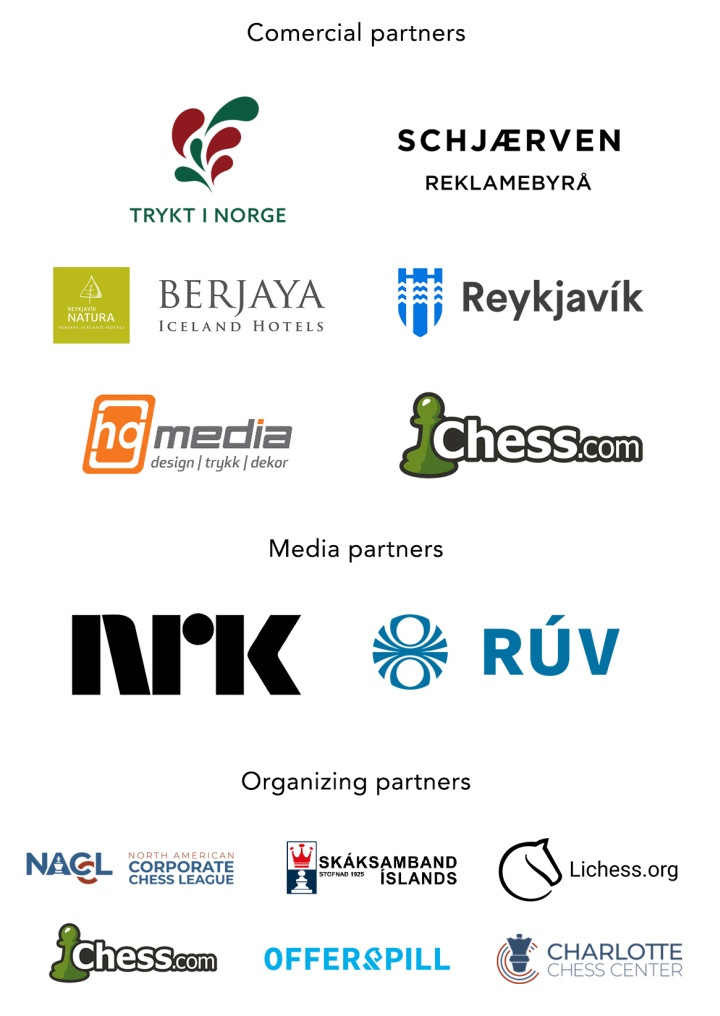The first day of play saw two rounds of two-game mini-matches in each group and the contours of the competition beginning to emerge. The big questions were who would adapt best to the challenges of the Fischer Random variant and if there would be any unexpectedly good form from the newcomers to the event.
It is too early for answers, but there were some clear signs. The experienced Fischer Random players looked to have an edge; the youngest player in the event appeared determined to add to his trophy cabinet; and the classical world champion seemed to suddenly lose focus.
Setting the stage
The unveiling of the first start position raised some eyebrows. This is done, piece by piece, via a graphics sequence created by Norwegian national TV broadcaster NRK, and when the first three pieces landed on their usual squares, things were definitely not looking random. Finally, half of the eight pieces did appear on new spots, and the players rushed off to use the brief 15-minute interval to puzzle over their initial strategies.
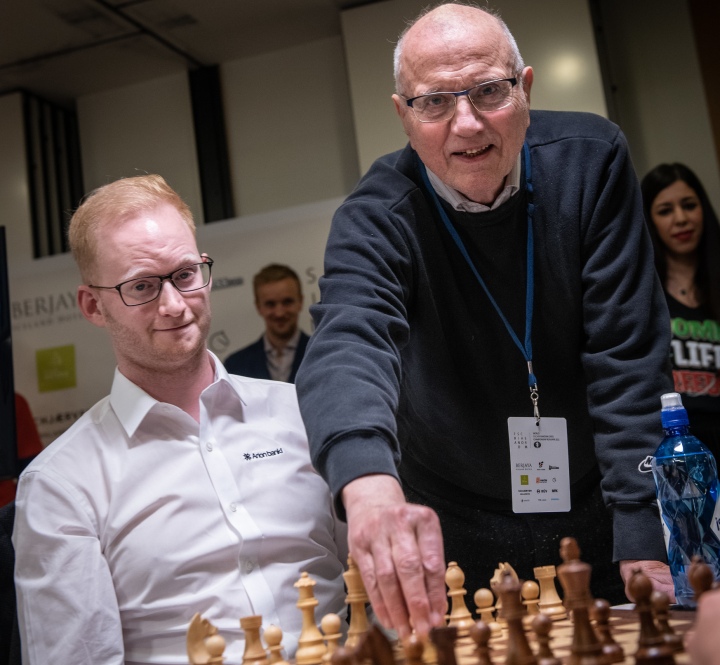
The event was officially opened with a fine 50th-anniversary echo when Gudmundur G. Thorarinsson, President of the Icelandic Chess Federation during the immortal Fischer-Spassky match here in 1972, made the first move in the game Hjorvar Steinn Gretarsson-Wesley So.
Action!
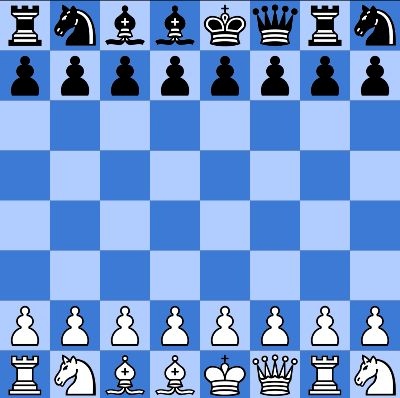
Starting position for Round 1
Expert online commentator Peter Leko was surprised by how quickly several of the Grandmasters chose to play from the start since the most confusing phase of Fischer Random is the uncharted opening. When two of the games erupted in very serious early violence, Leko predicted that more caution would probably be in order in future rounds.
Early impact
In Group B, Classical World Champion Magnus Carlsen showed both his strength and his Fischer Random experience by investing most of his thinking time early and smashing through quickly to take the lead against an impulsive Vladimir Fedoseev.
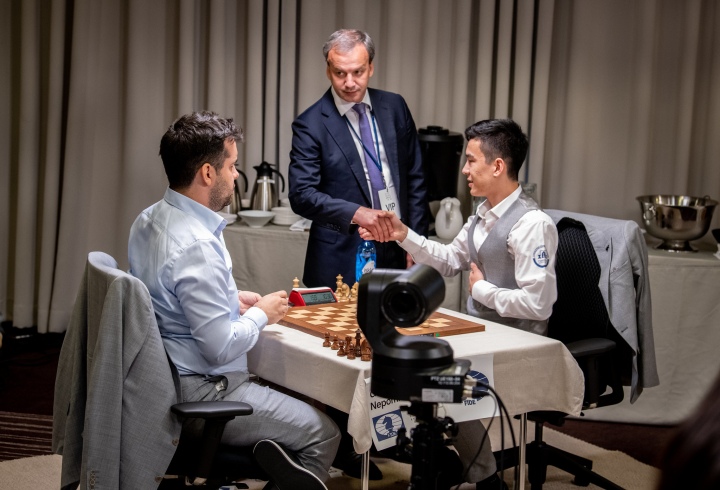
In Group A, it was teenage prodigy and reigning World Rapid Chess Champion Nodirbek Abdusattorov who showed his class early, dismantling two-time classical title challenger Ian Nepomniachtchi with a whirlwind sacrificial attack.
Enthralling brawls
The other games from the first session were extremely long, nervy and hard fought. Local hero Gretarsson gave the Icelandic crowd something to cheer about when he held defending Fischer Random (FR) World Champion Wesley So to a draw – after 100 moves – while FR veteran Hikaru Nakamura managed to overcome Matthias Blübaum in an incredibly complex game that had both players surviving on a few seconds per move, and afterwards had them both completely baffled about what they had just been through.
Changing sides
The reverse pairings for these matches had opposite scenarios, with So and Nakamura quickly clinching mini-match victory, So with a swift mating attack and Nakamura with a solid draw.
The initial mismatches turned into the long battles of the round, with Carlsen finding himself in surprising difficulties after blundering material against Fedoseev. Still, Magnus produced a fortress that was enough to hang on for a draw and clinch the match result.
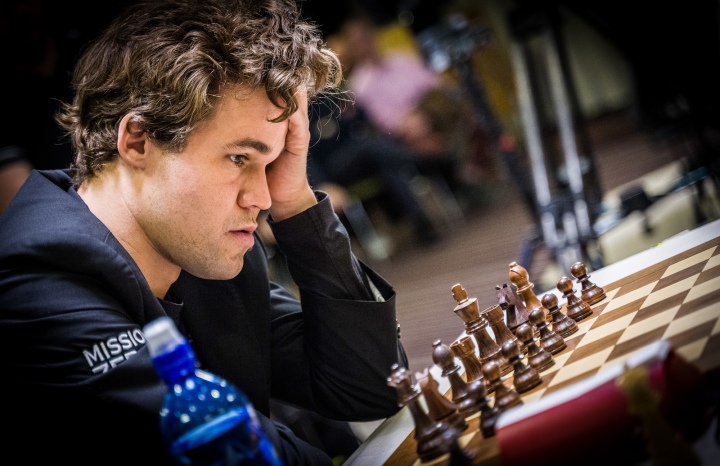
Meanwhile, young Abdusattorov took care to keep the always dangerous Nepomniachtchi at arm’s length before grinding out a second win over his experienced opponent.
Round 1:
Group A
Gretarsson – So 0.5-0.5
So – Gretarsson 1-0
Match scoring: So – Gretarsson 2-0
Abdusattorov – Nepomniachtchi 1-0
Nepomniachtchi – Abdusattorov 0-1
Match scoring: Abdusattorov – Nepomniachtchi 2-0
Group B
Carlsen – Fedoseev 1-0
Fedoseev – Carlsen 0.5-0.5
Match scoring: Carlsen – Fedoseev 2-0
Blübaum – Nakamura 0-1
Nakamura – Blübaum 0.5-0.5
Match scoring: Nakamura – Blübaum 2-0
Round two – giants clash
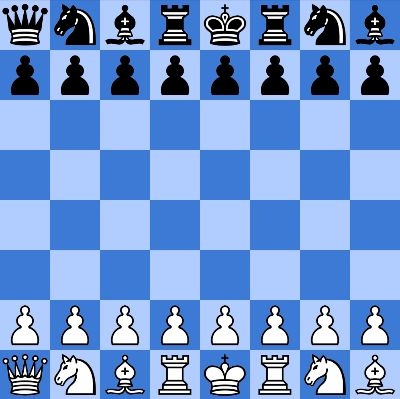
Starting position for Round 2
The second session was opened by another president – this time not a chess dignitary but Gudni Th. Jóhannesson, the actual President of Iceland. He made the first move in Nakamura – Carlsen. Nakamura seemed to be amused by something the President said afterwards, while Carlsen focused on what would be his own, spectacular first move.
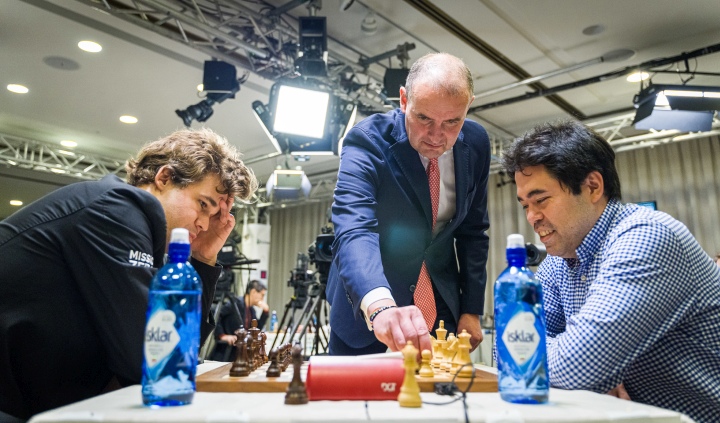
The combination of Fischer and chess seems to ignite something here in Iceland. The event is also being broadcast on national TV here, and there was a long queue to get a seat in either the commentary in the venue auditorium, or a ringside seat in the playing area.
The Group A pairing of So-Abdusattorov became the main attraction after the latter’s destruction of Nepomniachtchi, while the classic collision between Carlsen and Nakamura at the top of Group B was foreseen as the heavyweight contest there.
These games lived up to expectations: So and Abdusatorrov was a marathon, with the players slugging it out for dozens of moves with only a handful of seconds left throughout. So gradually saw a large advantage evaporate, and his young opponent was visibly pleased when the point was finally split. Nakamura and Carlsen was a sophisticated affair between two experienced ‘randomers’, with clever ideas being skillfully neutralized, and this game was drawn too.
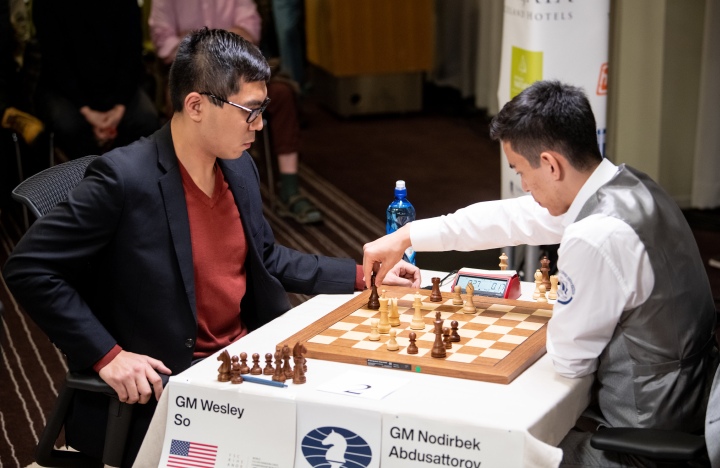
In the remaining encounters, the newcomers had to endure some rough treatment at the hands of their more practiced opponents, with Nepomniachtchi punishing Gretarsson, and Fedoseev making the most of his combination of strong pressure on the board and Blübaum’s self-inflicted time trouble.
Return matches
Once again, the top match-ups developed slowly. While these came to a boil, Nepomniachtchi continued to make up for his earlier upset by roughing up Gretarsson again, blasting his way through to another mating attack. Blübaum put Fedoseev through the wringer, but the game gradually drifted towards equality and a mini-match victory for the latter.
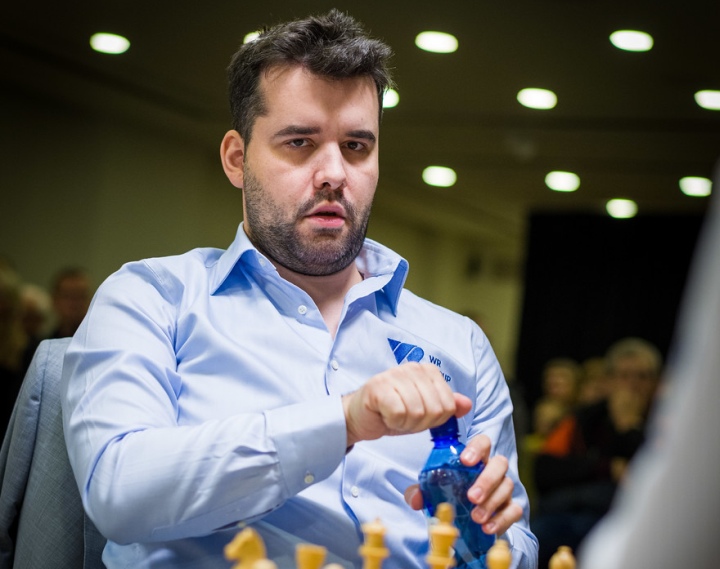
Wesley So had commented much earlier in the day that his young opponent appeared to be on fire, and Abdusattorov showed more of the skills that have made him a World Rapid Chess Champion. First, he forced the reigning Fischer Random champion on the defensive and then smoothly converted his advantage with a fine blend of tactics and technique.
In Group B, Carlsen appeared to be gaining the upper hand against Nakamura, but some very tricky play by the American left the classical world champion with very little time to navigate the dangers, and Carlsen stunned spectators by again blundering material. This time the error was fatal.
Carlsen told Norwegian television afterwards that both blunders involved him playing the second move of a planned sequence first, and microphones in the playing hall caught him muttering to himself about this just after he committed the mistake at the board.
Round 2:
Group A
Nepomniachtchi – Gretarsson 1-0
Gretarsson – Nepomniachtchi 0-1
Match scoring: Nepomniachtchi – Gretarsson 2-0
So – Abdusattorov 0.5-0.5
Abdusattorov – So 1-0
Match scoring: Abdusattorov – So 2-0
Group B
Fedoseev – Blübaum 1-0
Blübaum – Fedoseev 0.5-0.5
Match scoring: Fedoseev – Blübaum 2-0
Nakamura – Carlsen 0.5-0.5
Carlsen – Nakamura 0-1
Match scoring: Nakamura – Carlsen 2-0
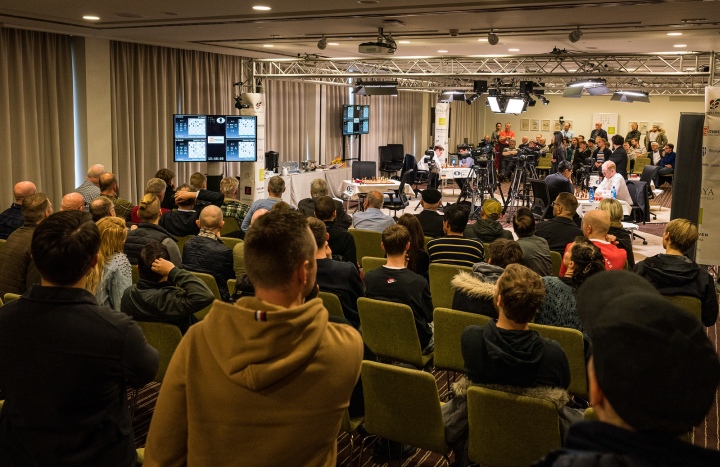
Behind the scenes
A few hours before play began, the competitors met for a briefing about the various rules, regulations and fair-play security precautions in place at the event, and to raise questions about procedures. Since the tournament is a departure from the norm in many respects, the players were actively interested in fine details around tiebreaks, time controls, and the visibility of screens displaying the games and record of moves.
The latter is unusually important since there is no obligation for the players to write down their moves during the game in this event, but they do need to know how many they have made to ensure they make 30 moves in their first allotted half hour. Overstepping this time limit results in an immediate loss.
The players tested, adjusted and reserved the chairs, which are essential equipment for hours of thinking, before inspecting the areas in the building where they can relax offstage and prepare before the games.
Each round will begin with the players gathered around a screen that will reveal the starting position for the next mini-match, after which they will have a hurried 15 or so minutes to work out a rough opening strategy for playing both sides of the position.
Standings after two rounds:
Group A:
1 Nodirbek Abdusattorov 4, 2-3 Wesley So, Ian Nepomniachtchi 2, 4 Hjorvar Steinn Gretarsson 0
Group B:
1 Hikaru Nakamura 4, 2-3 Magnus Carlsen, Vladimir Fedoseev 2, 4 Matthias Blübaum 0
Facts:
There will be a total of six rounds in the group stages, as this segment of the event is a double round-robin. The magic number is two for now: two points for winning a match, two games in each mini-match, and two mini-matches against each opponent in the group. Two players will advance from each group.
The time control for each game is 30 moves in 25 minutes, plus 5 minutes for the rest of the game, plus 5 seconds increment per move starting from move 31.
Games 1 and 2 are played from the same starting position. A new starting position is chosen for each two-game mini-match.
Group stage days are scheduled to start at 15:00 GMT (17:00 CET).
Quotes:
A comment on how dangerous the mysterious opening phase is in Fischer Random chess?
“This is a normal position now. This is what happens if you don’t get mated immediately in Fischer Random – a normal chess position.” – Swedish Grandmaster Nils Grandelius
Text: GM Jonathan Tisdall
Photo: David Llada and Lennart Ootes
Official website: fischerrandom.fide.com
